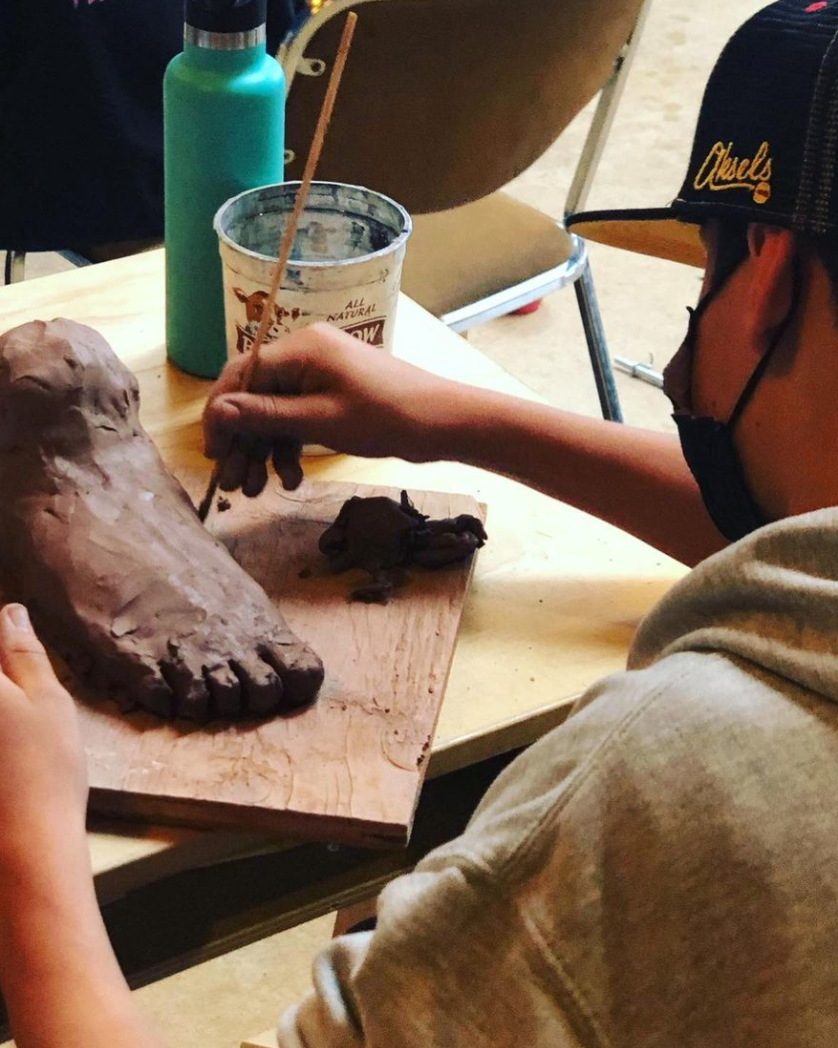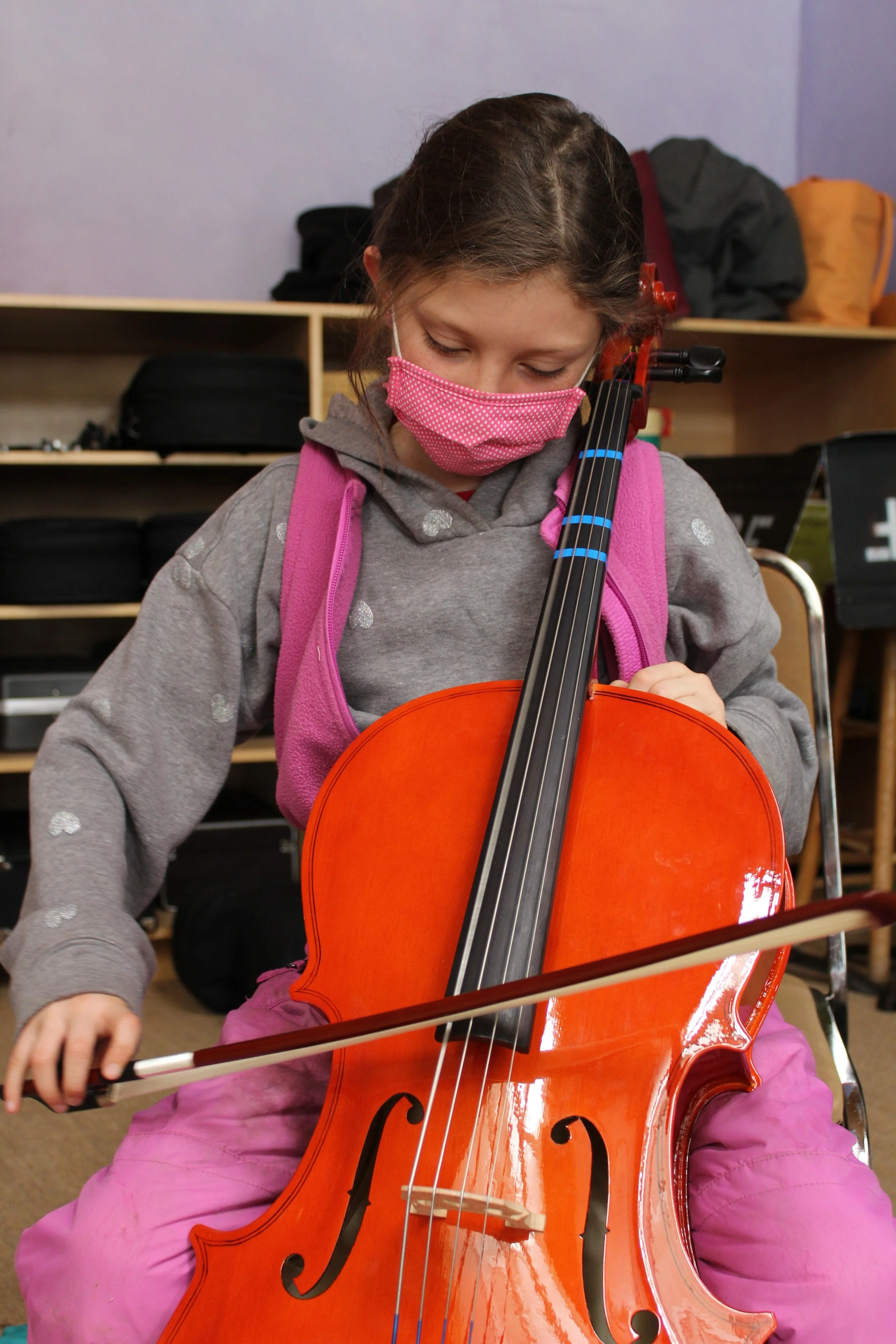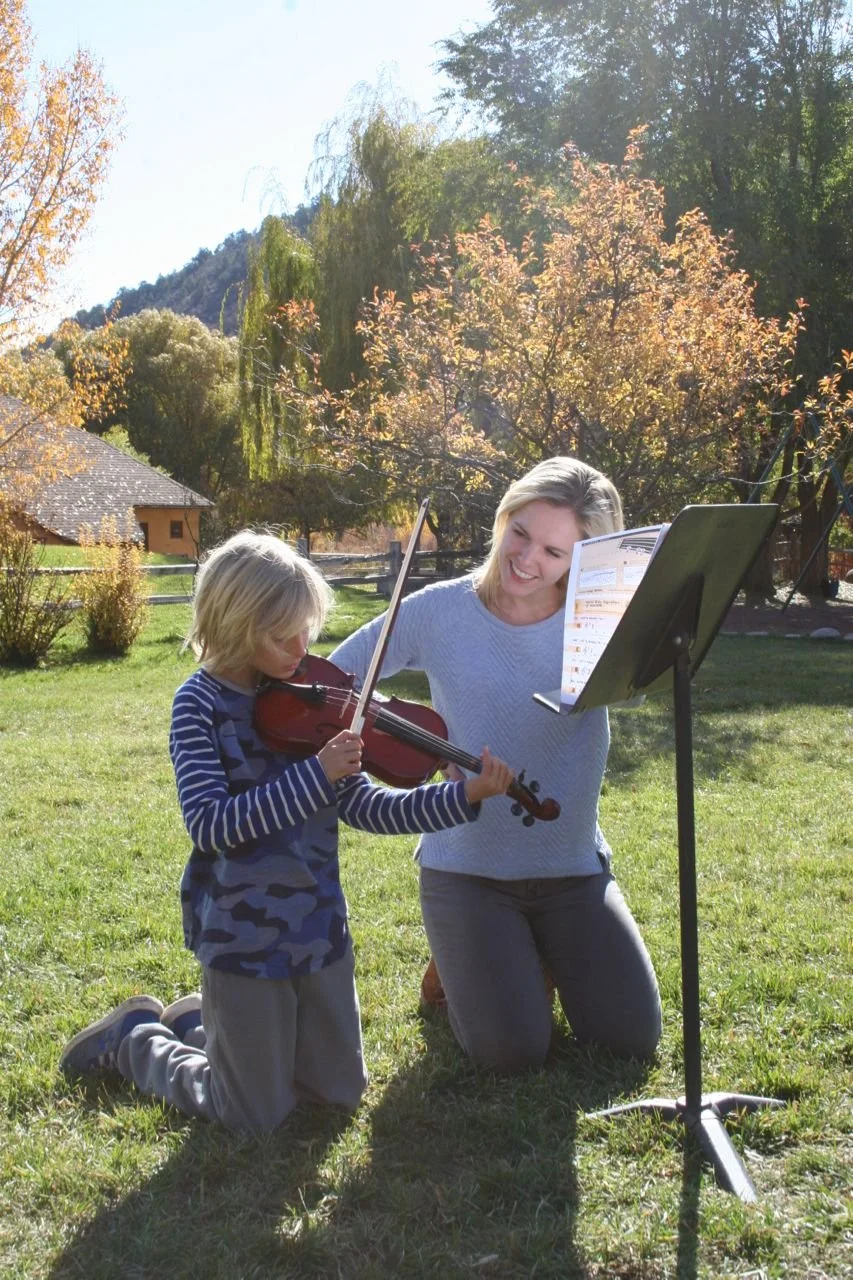The Greatest Scientists are Artists Too: Why does Art Matter?
We get asked a lot of questions about the level of art, music and performing that are standard parts of our curriculum. Why so much art?
Substantial research shows, art is directly linked to the creativity necessary to solve our greatest challenges. On the Nobel Prize website, a post notes:
“Music has often helped Nobel Laureates think and process scientific information in a new way. Physics Laureate Albert Einstein was influenced by his mother who taught him to play the violin at a very early age. He was especially fond of Mozart, Bach and Schubert. Einstein often highlighted and emphasized the importance of music to him. In his lifetime he owned around ten violins, all receiving the nickname ‘Lina’. For Einstein, music worked as a brainstorming technique to help him reflect on his theories and resolve difficulties he encountered. He often indicated that if he hadn’t worked as a scientist, he would have become a musician. Einstein’s scientific ideas were often firstly created in the shape of images and intuitions, and later converted into mathematics, logic and words. Music helped Einstein in this thought process and helped convert the images to logic.” (source)
The space to work creatively directly impacts our student’s abilities to think. Thinking and asking questions are core capacities we are looking to nurture in all our students.
The benefits of art and music is a lengthy list. The Nobel Prize website goes on to note:
“Besides helping them reflect on scientifically complex problems, music has helped Nobel Laureates learn discipline and the importance of a creative mind. For Thomas Südhof, awarded the 2013 Nobel Prize in Physiology or Medicine, music gave him important inputs and ideas. Similar to previously mentioned laureates, Südhof mostly enjoys classical music. Südhof played the bassoon, and says that classical music and his music teacher has had a huge influence on him. Classical music requires a creative mind as well as enormous discipline.”
When we think about preparing our students for the future, what capacities will they need to succeed? How do we teach them to think so they can solve the future’s unimaginable challenges?
In Waldorf Education, we see art, music and the performing arts as just one of the many way we prepare and engage our students.
Applications are currently being accepted for Fall ‘22 in grades PreK to 8th



